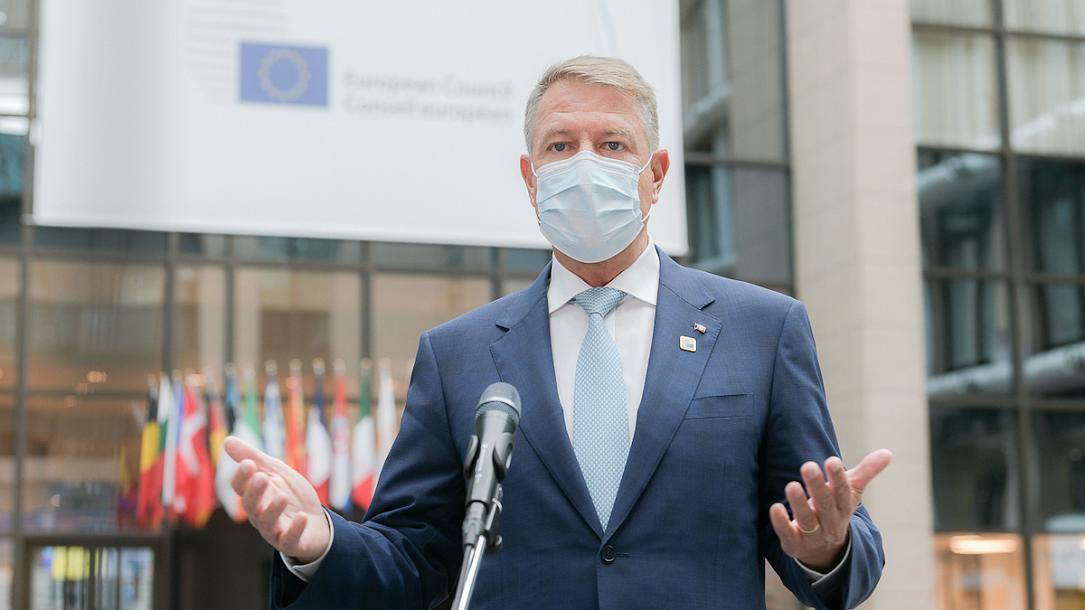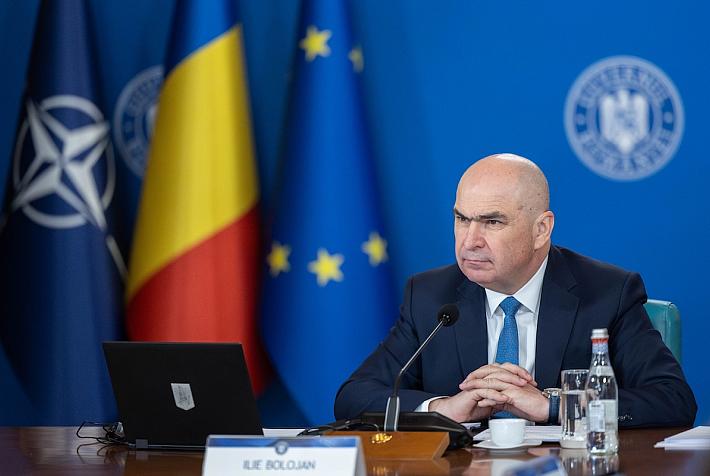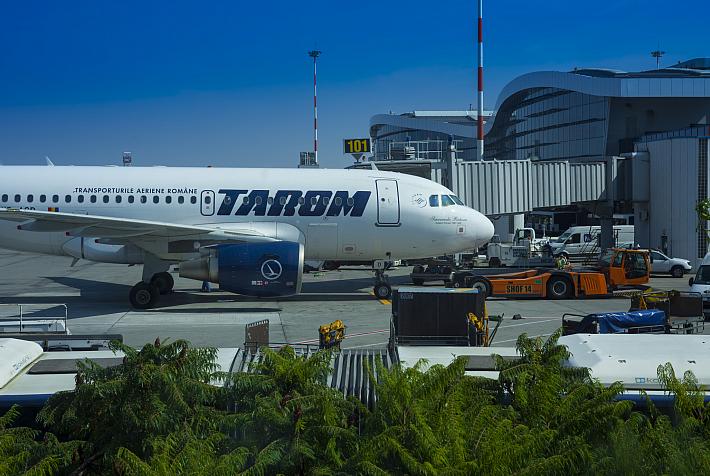President: Romania could support EC’s 2030 CO2 target “under certain conditions”

Romania's president Klaus Iohannis announced on Friday, October 16, after the European Council meeting dedicated to the European Commission's proposal to reduce greenhouse gas emissions by 55% by the end of 2030, that Romania could accept to support this target, but only under certain conditions.
The European Commission's plan can only be implemented by consensus, and about half of the EU countries have voiced out against it due to the economic and social costs of moving to a green economy and giving up polluting industries altogether.
Meeting the target depends on the support mechanisms and the European Commission's flexibility. Previous decarbonization efforts and development discrepancies between the member states must also be taken into account so that the sharing of efforts at the EU level is done equitably, president Iohannis added, according to Digi24.
Regarding the latter (the EC's flexibility), President Iohannis stressed some essential conditions. The first condition concerns the need to decide how to reach the new targets at a national level, given that there is no single solution applicable to all member states.
President Iohannis previously stressed that Romania would use natural gas as a transition fuel.
He added that it remains important to maintain a flexible framework that would allow all countries in the Union to identify the most appropriate solutions to contribute to achieving new goals in this area.
andrei@romania-insider.com
(Photo source: Presidency.ro)













